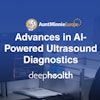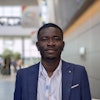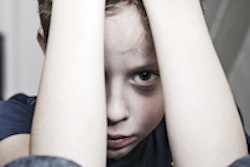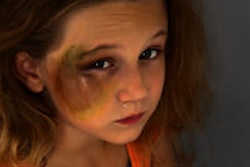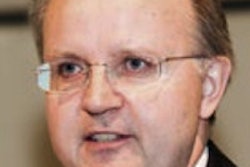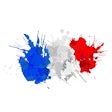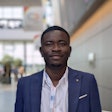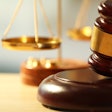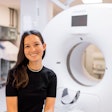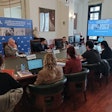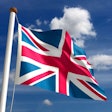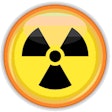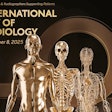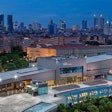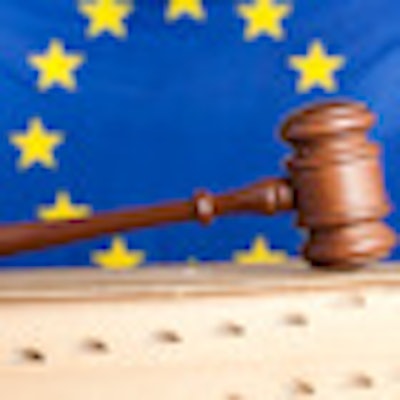
Radiologists are increasingly being called upon to act as expert witnesses in legal matters, but if they're not careful, their testimony may ruin their own career. An experienced U.K. radiologist has offered some tips and suggestions to prevent that from happening.
Potentially controversial cases for which radiologists are asked to lend their expertise tend to deal with child abuse, according to Dr. Cathy Owens, a pediatric radiologist from Great Ormond Street Hospital in the U.K. and also president of last year's International Paediatric Radiology (IPR) Congress. Death from assault for infants younger than 12 months in the U.K. is dropping; however, these deaths are still occurring, and sometimes acting as an expert witness in these cases may result in a tarnished career for an expert witness, as well as cause great emotional stress.
For radiologists, being an expert witness in a child abuse case can result in violent threats to themselves or their family; physical attacks; formal complaints to employers or regulatory bodies, such as the U.K. General Medical Council (GMC); and adverse media coverage.
The legal system varies by country, but there are common threads throughout, so radiologists need to know how to protect themselves, said Owens, who presented during last month's European Congress of Radiology (ECR) and has been an expert witness herself.
"Child protection is an integral part of all pediatric radiologists' work, and we should really devote time and energy to this very important specialty," she said. "But this work is becoming incredibly punitive and very challenging."
Owens went on to cite two cases where doctors were vilified and then stripped of their medical license due to their testimony in child abuse cases: pediatricians Professor Sir Roy Meadow and David Southall.
Meadow appeared as an expert witness in the Sally Clark case in 1999, where a mother was convicted of murdering her two baby sons, largely based on Meadow's testimony. He answered a question about sudden infant death syndrome (SIDS), which according to Owens was the right answer but the wrong question, meaning his answer had no bearing on the case and resulted in Meadow becoming discredited and struck off from the GMC's register (the ruling was overturned on appeal).
In the same case, Southall was found guilty of serious professional misconduct by the GMC after telling police that Sally Clark's husband was responsible for the death of the couple's children; he made the claim based on a documentary about the case in 2004. He based his evidence on nosebleeds the children suffered from, which sometimes are linked to abuse. It was later found that the children died of natural causes. Consequently, Southall was struck from the register in 2007, but he was reinstated in 2010 after an appeal. In February 2012, the GMC dropped its last remaining case against him, but Southall plans to sue them in return, according to the British Medical Journal.
In the interim, Southall and Meadow received hate mail, were criticized widely on the Internet, and became the targets of angry parent groups. After viewing the experience, many doctors became reluctant to serve as expert witnesses, not wanting to encounter the same ordeal.
"What can we do about it?" Owens asked. In the U.K., dictates from the government and the Royal Colleges advocate a multidisciplinary team, better training of professionals, a better evidence base, and accreditation of experts, she said.
"It's advised from the Royal Colleges we should support doctors as expert witnesses," she noted. "Look into training courses; let them be exposed to the legal side of things so they're not intimidated." She also suggested that doctors conduct themselves with humility. If they don't know something, they should say so.
As far as legal protection goes in the U.K., there was a House of Lords appeal judgment in 2005 that said healthcare professionals investigating child abuse do not owe a duty of care to the parents, only to the child. The professionals are acting on behalf of the child, and they have to ignore the parent in this situation. The House of Lords also said that when considering whether something doesn't feel right, the doctor must be able to act single-mindedly in the interest of the child.
"He ought not have in the back of his mind a fear that if he appears in court, he will be punished, which is very difficult," Owens said.
Owens also gave the following tips:
- People should reach sound judgments, and witnesses who appear must demonstrate good reasoning.
- Take account of all the facts: You must prove that is what you've done as an expert witness.
- Give each factor appropriate weight.
- Consider all the options or alternatives and any differential diagnoses -- anything that could be a confounding factor.
- Keep an open mind and act in accordance with the law.
- Apply procedures or explain why you've deviated from procedures.
"Doctors who specialize in child abuse are extremely valuable in the court and should be protected," she added. "And without this testimony from expert witnesses, we'll have more cases of high-profile abuse of those children who were so badly treated by their parents."
Child abuse is such a sensitive topic that now even Owens' own hospital has begun to turn away requests to look at such cases or to provide second opinions, according to an article in Camden New Journal, a regional London newspaper, from 19 April.
In a statement, the hospital said the radiology team decided with management's support to stop accepting external requests for radiology-only second opinions because the hospital doesn't have an emergency room and, thus, it is not an appropriate focus for the radiology department.

